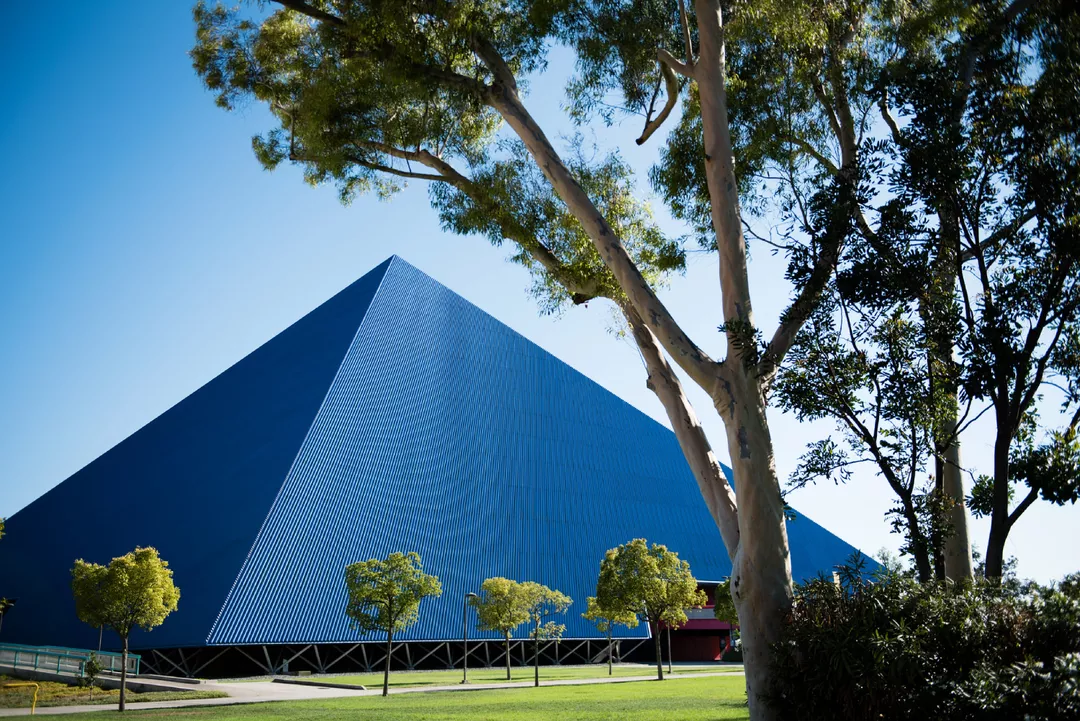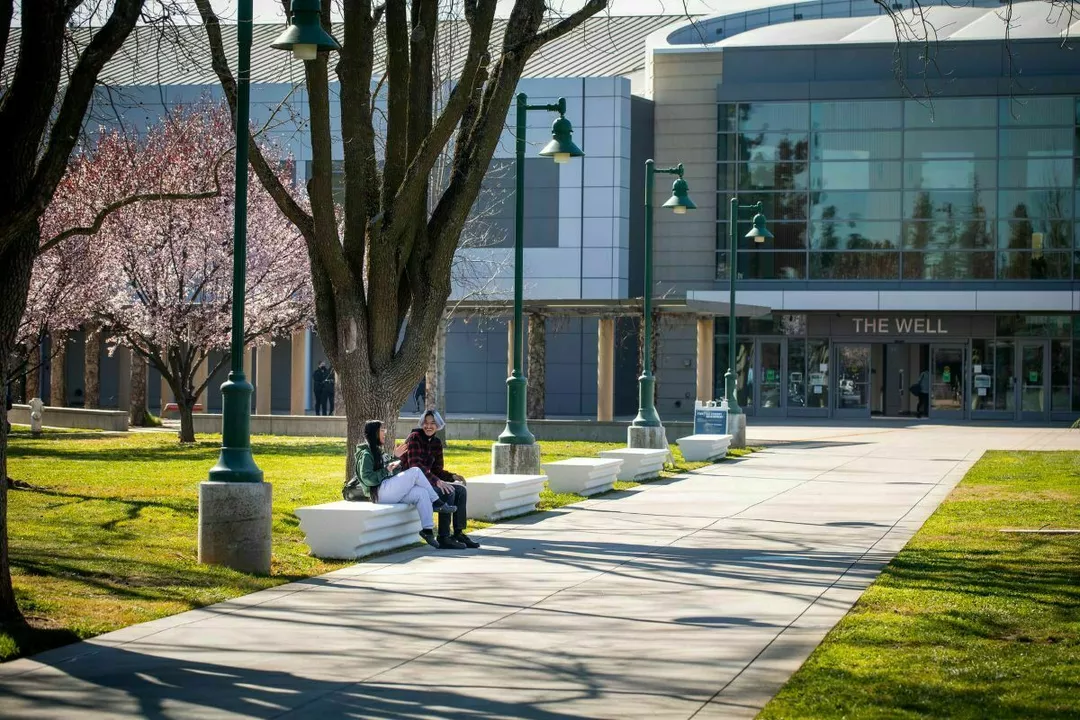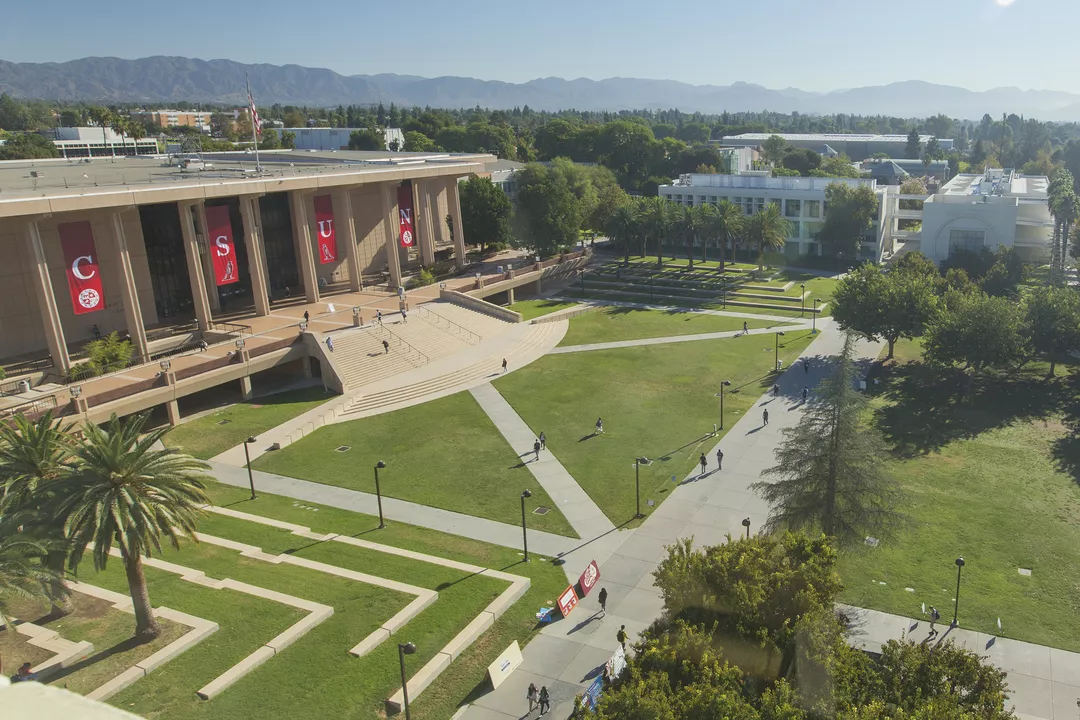-
hello@abroadcube.com
Mail us
-
Call For Help:
98779 83783
-
Whatsapp Us
70090 34921
The graduate program in Geology offers two tracks to a Master of Science degree in Geology: a thesis-based option in which students pursue a research project and a non-thesis option that culminates in a comprehensive examination. Students who successfully complete the program will upgrade their educational qualifications and be able to advance to doctoral programs or professional positions that require an in-depth knowledge of geologic topics such as tectonics, hydrogeology, environmental geology, and geologic hazards. The University's location in the state capital provides direct access to many local, federal, and state agencies through internship and fieldwork opportunities.
Students who are interested in pursuing the thesis-based option should contact potential advisors prior to application to the program. All students enter the program in the non-thesis option and those interested in a thesis must apply to switch to the thesis-based option with the agreement of a faculty advisor.
Graduate students who want to engage in teaching can request an appointment as a Graduate Teaching Associate. Graduate Teaching Associates have the opportunity to teach one to two lower division laboratory courses per semester and are paid at a rate commensurate with their teaching load.
All work toward the degree must be completed within a seven-year period. The general University requirements for graduate degrees are explained in the "Graduate Studies" section of this Catalog or visit the Geology Department's website.
| Level | Masters |
| Discipline | Sciences |
| Duration | 24 months |
| Intakes | Jan, Sep |
| Application Fees | USD 70 |
| Tuition Fees | USD 14304 |
| Campus | Sacramento |
| Language proficiency (minimum) | |
| IELTS | 6.5 |
|---|---|
| TOEFL | 80 |
| PTE | 65 |
| Duolingo | Not Required / Waiver |
| Exam proficiency (minimum) | |
| SAT | Not Required / Waiver |
|---|---|
| ACT | Not Required / Waiver |
| GRE | Not Required / Waiver |
| GMAT | Not Required / Waiver |
Minimum GPA - 63%
QS Quacquarelli Symonds is the world’s leading provider of services, analytics, and insight to the global higher education sector, whose mission is to enable motivated people anywhere in the world to fulfil their potential through educational achievement, international mobility, and career development.
THE (Times Higher Education) has been providing trusted performance data on universities for students and their families, academics, university leaders, governments and industry, since 2004. We create university rankings to assess university performance on the global stage and to provide a resource for readers to understand the different missions and successes of higher education institutions.
The Academic Ranking of World Universities (ARWU) was first published in June 2003 by the Center for World-Class Universities (CWCU), Graduate School of Education (formerly the Institute of Higher Education) of Shanghai Jiao Tong University, China, and updated on an annual basis
The "Webometrics Ranking of World Universities" is an initiative of the Cybermetrics Lab, a research group belonging to the Consejo Superior de Investigaciones Científicas (CSIC), the largest public research body in Spain. CSIC is among the first basic research organizations in Europe. The CSIC consisted in 2006 of 126 centers and institutes distributed throughout Spain.



